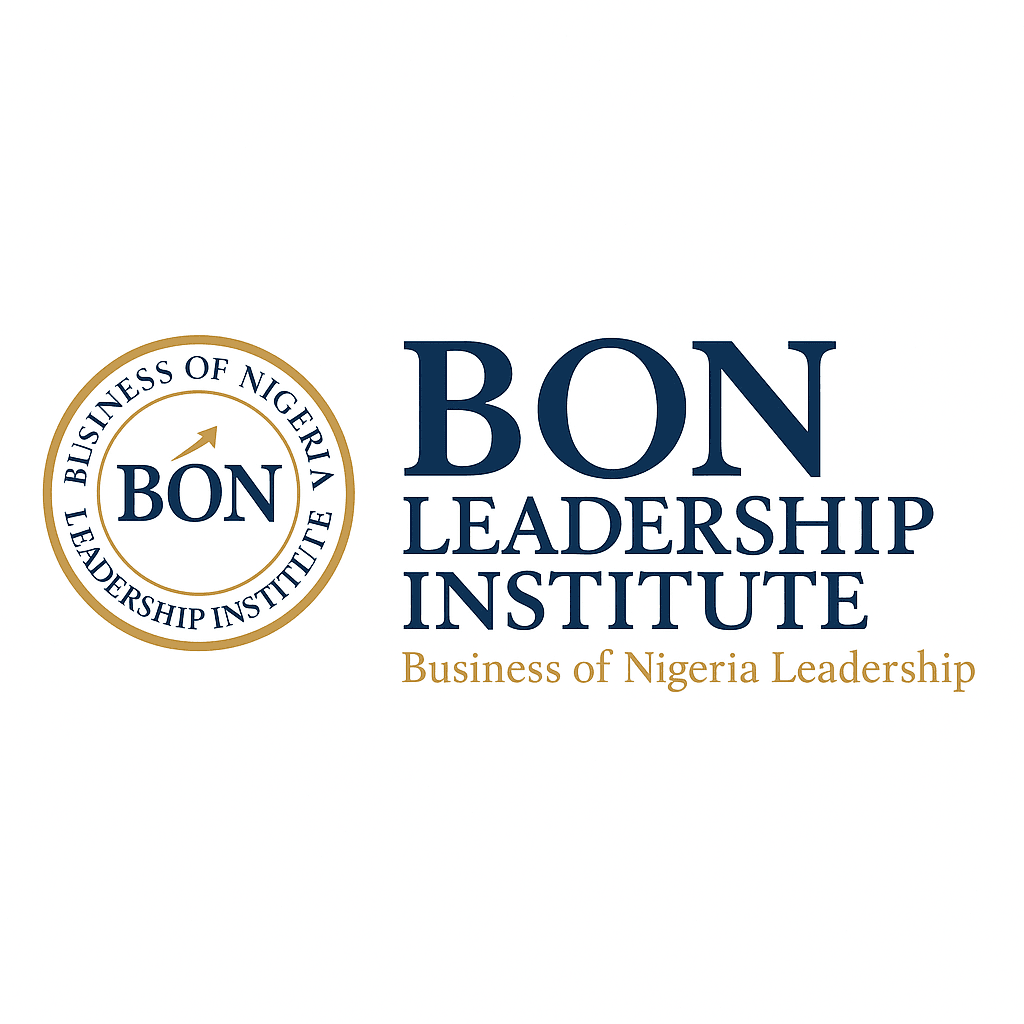Networking Strategies for Municipal Professionals: Building Strong Connections
Understanding the Importance of Networking for Municipal Professionals
Networking is a critical skill for municipal professionals who aim to build strong connections within their communities and beyond. Whether you're involved in city planning, public works, or community outreach, establishing a robust network can significantly enhance your ability to succeed and make a difference. Networking provides opportunities for collaboration, knowledge sharing, and career advancement.
For municipal professionals, networking isn't just about exchanging business cards at events. It's about fostering genuine relationships that can lead to innovative solutions for community challenges. By connecting with peers, industry experts, and community leaders, municipal professionals can gain insights and resources that are crucial for effective governance and service delivery.

Building a Strategy for Effective Networking
To network effectively, municipal professionals should develop a strategic approach that aligns with their professional goals. Start by identifying the key individuals and organizations that are relevant to your field. This could include local government officials, nonprofit leaders, and industry experts. Having a clear understanding of who you want to connect with can help you focus your efforts and maximize the impact of your networking activities.
Once you've identified your targets, consider the best ways to reach them. Attend relevant conferences, workshops, and community events where these individuals are likely to be present. Engaging in online platforms such as LinkedIn can also be an effective way to initiate connections and maintain relationships over time. Remember to be genuine in your interactions, as authenticity is key to building trust and rapport.
Leveraging Technology in Networking
In today's digital age, technology plays a vital role in networking. Municipal professionals can leverage various online platforms to extend their reach and connect with peers globally. Social media channels, professional networks, and webinars offer ample opportunities to engage with others and stay informed about industry trends.

Using technology effectively means being active on these platforms, participating in discussions, and sharing valuable content. Consider creating a professional profile that highlights your expertise and contributions to the field. Engage with thought leaders by commenting on their posts or participating in group discussions. These interactions can lead to meaningful connections and collaborations.
Cultivating Long-Term Relationships
Building strong connections is not just about making initial contact; it's about cultivating long-term relationships. Follow up with new contacts by sending personalized messages or inviting them for coffee meetings. Show genuine interest in their work and look for opportunities where you can provide value or collaborate on mutual interests.
Regularly nurture your network by keeping in touch, sharing relevant information, and celebrating their achievements. By maintaining these relationships over time, you strengthen your network's foundation and increase the chances of mutual support when needed. Remember that networking is a two-way street; be ready to offer assistance and support as much as you seek it.

Overcoming Networking Challenges
Networking can sometimes be daunting, especially for those new to the field or introverted individuals. However, overcoming these challenges is possible with a proactive mindset. Start small by attending local events or joining smaller groups where you feel more comfortable. Gradually expand your network as you gain confidence.
Practice active listening during conversations, as it helps build rapport and shows respect for others' perspectives. Prepare a few conversation starters or questions to help ease into discussions. Remember that everyone was once in your shoes; most people appreciate genuine efforts to connect.
Measuring the Impact of Networking
To ensure that your networking efforts are effective, it's essential to measure their impact. Set specific goals for your networking activities, such as the number of new contacts made or collaborations initiated. Regularly assess these goals to determine if your strategy needs adjustment.
Reflect on the opportunities that have arisen from your network and how they have contributed to your professional growth and community impact. This reflection helps identify successful strategies and areas for improvement. By continuously refining your approach, you can ensure that your networking efforts yield meaningful results.
